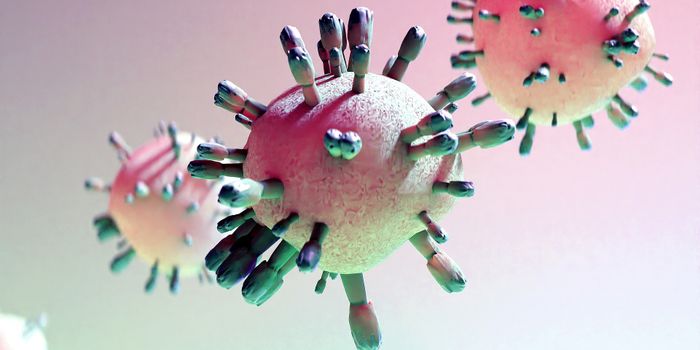UK Approves CRISPR-Cas9 Technology for Disease Treatment
Individuals with genetic diseases have an increased chance of lower quality of life. However, a new technology has been developed that could edit DNA and take out possible mutations resolving genetic disorders. This new technology is known as clustered regularly interspaced short palindromic repeats (CRISPR) – Caspase (Cas)9. On the most basic level, CRISPR-Cas9 has a guide ribonucleic acid (RNA) that matches a desired gene and caspase 9, which is a protein that allows the double stranded deoxyribonucleic acid (DNA) to break for genetic modification. Scientists now have the ability to remove, add, or alter different sequences of DNA with this CRISPR-Cas9 gene editing tool. American scientists are currently working toward making this available to the public, but this CRISPR-Cas9 system is regularly used in research to add or knockout a gene to learn more about different diseases, such as cancer.
Recently, the United Kingdom (UK) has approved the drug, Casgevy, which uses CRISPR-Cas9 technology as an editing tool for sickle-cell anemia and β-thalassaemia. Sickle-cell anemia is an inherited blood disorder where red blood cells become hard and sticky, looking like a sickle, leading to blood clotting. The disease also results in reduced hemoglobin which limits delivery of oxygen throughout the body. Patients control symptoms through medication, blood transfusions, and bone marrow transplants; however, there is no cure. Another inherited blood disorder is known as β-thalassaemia, which also has reduced amounts of hemoglobin. Some symptoms patients experience with β-thalassaemia include tiredness, pale skin, moodiness, and heavy breathing. Patients tend to get blood transfusions once a month to maintain a relatively normal quality of life. Both disorders result in anemia – the lack of red blood cells and can cause major health problems. Although Casgevy is only approved for these two genetic disorders, it is a landmark decision and will allow further application of CRISPR-Cas9 therapy for other disorders.
The Medicines and Healthcare products Regulatory Agency (MHRA) approved this drug after multiple clinical trials which showed an astonishing improvement in disease condition. Scientists documented that, after one treatment, 28 out of 45 sickle-cell anemia patients were relieved of pain for one year. With the same drug, 39 β-thalassaemia patients out of 42 did not need a blood transfusion for one year. Due to these remarkable results, Casgevy was approved for both diseases.
The mechanism of this treatment is similar to adoptive cell transfer therapy. Scientists administer Casgevy to extracted stem cells from the patient with either disease, which edit the genes that encode for hemoglobin. The stem cells are then administered back to the patient. It is a safe procedure and there were no safety concerns during the clinical trials. Unfortunately, a drawback to this treatment is that the patients need to be monitored in a hospital for a month to modify the bone marrow for a successful transfusion. Additionally, the price for Casgevy limits this therapy to the upper class and strictly wealthy countries. While other countries including the US are considering the approval of Casgevy, it is still only approved in the UK.
Overall, Casgevy will change the way we treat genetic diseases using CRISPR-Cas9 technology. The approval of this therapy has opened the door for similar treatment of other disorders and has the potential to eradicate genetic disease in the next twenty years.








